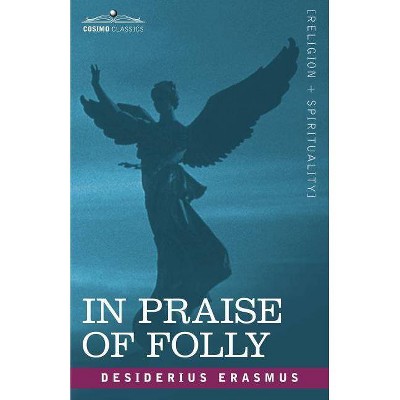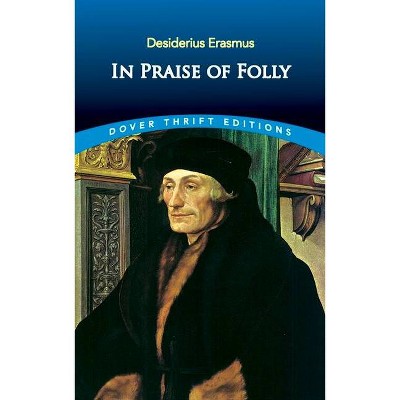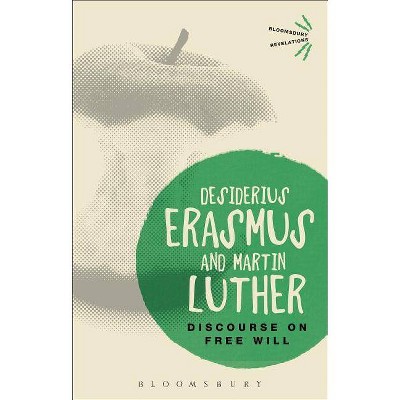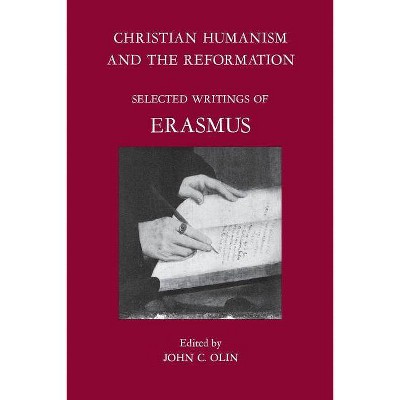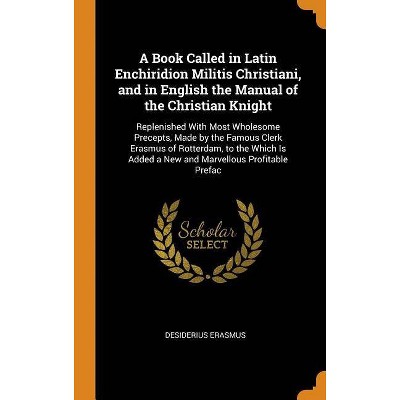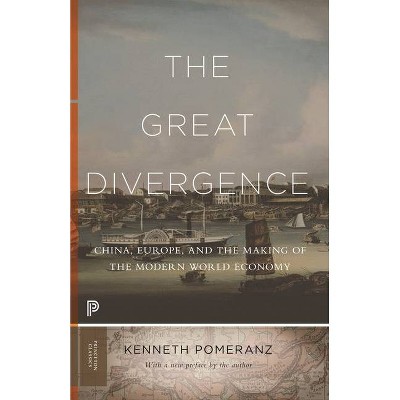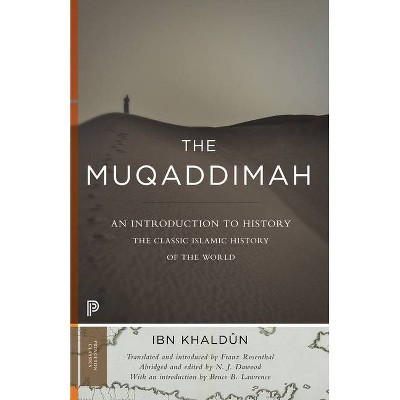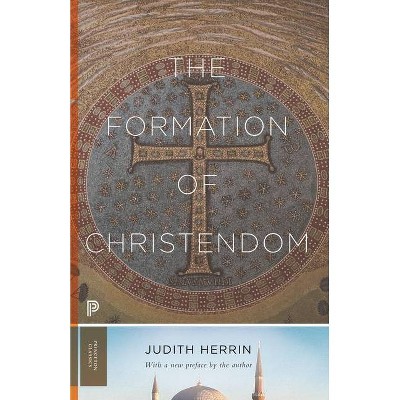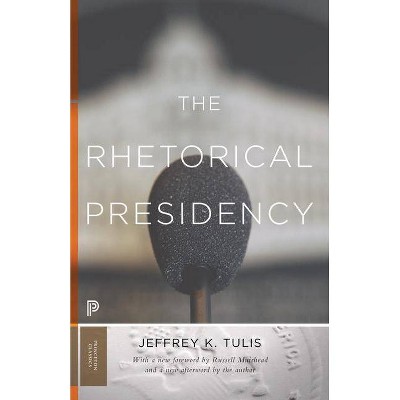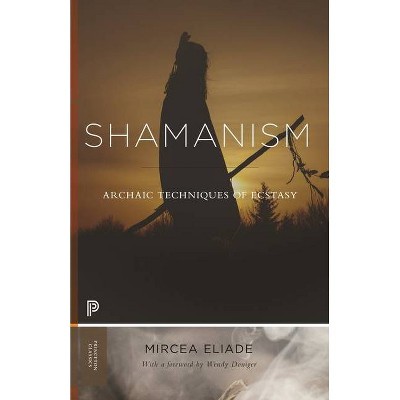The Praise of Folly - (Princeton Classics) by Desiderius Erasmus (Paperback)
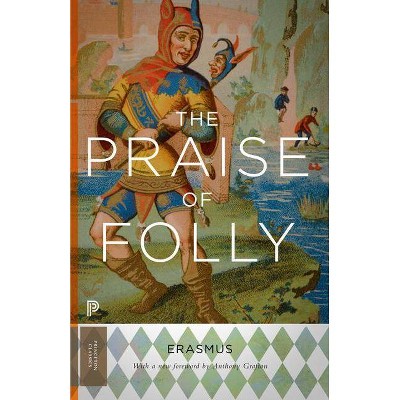
Similar Products
Products of same category from the store
AllProduct info
<p/><br></br><p><b> About the Book </b></p></br></br>"Desiderius Erasmus (1466-1536) was a Dutch humanist, scholar, and social critic, and one of the most important figures of the Renaissance. The Praise of Folly is perhaps his best-known work. Originally written to amuse his friend Sir Thomas More, this satiric celebration of pleasure, youth, and intoxication irreverently pokes fun at the pieties of theologians and the foibles that make us all human, while ultimately reaffirming the value of Christian ideals. No other book displays quite so completely the transition from the medieval to the modern world, and Erasmus's wit, wisdom, and critical spirit have lost none of their timeliness today."--Publisher's description.<p/><br></br><p><b> Book Synopsis </b></p></br></br><p>Desiderius Erasmus (1466-1536) was a Dutch humanist, scholar, and social critic, and one of the most important figures of the Renaissance. <i>The Praise of Folly</i> is perhaps his best-known work. Originally written to amuse his friend Sir Thomas More, this satiric celebration of pleasure, youth, and intoxication irreverently pokes fun at the pieties of theologians and the foibles that make us all human, while ultimately reaffirming the value of Christian ideals. No other book displays quite so completely the transition from the medieval to the modern world, and Erasmus's wit, wisdom, and critical spirit have lost none of their timeliness today. <p/>This Princeton Classics edition of <i>The Praise of Folly</i> features a new foreword by Anthony Grafton that provides an essential introduction to this iridescent and enduring masterpiece.</p><p/><br></br><p><b> Review Quotes </b></p></br></br><br>There is no more joyous and delightful bit of forensic jugglery than Desiderius Erasmus's <i>The Praise of Folly</i> and a debt of gratitude is owed Professor Hoyt Hopewell Hudson for translating the old Latin of 1511 into lively, vivid, contemporary English, at once lucid and free. . . . Like all great minds Erasmus has the faculty of being perennially contemporary, and <i>The Praise of Folly</i> is a gay, witty revelation of the subtleties and intricacies of the scholarly mind of the Renaissance.<b>---Edward Larocque Tinker, <i>New York Times</i></b><br><br>[Hudson] has spared no pains to provide whatever might increase the general reader's appreciation and enjoyment of this world-famous, perennially humane satire.<b>---John Archer Gee, <i>Journal of English and Germanic Philology</i></b><br><br>Erasmus's <i>Praise of Folly</i> is certainly one of the most characteristic and delightful pieces of Renaissance literature and has rightly enjoyed a wide popularity. . . . This handsome volume will certainly please the student as well as the general reader.-- "Journal of Philosophy"<br><br>The scholarship and grace of Hudson's translation and introduction assure that the book will be accepted as the standard English version.-- "Modern Language Quarterly"<br><p/><br></br><p><b> About the Author </b></p></br></br><b>Anthony Grafton</b> is the Henry Putnam University Professor of History at Princeton University.
Price History
Price Archive shows prices from various stores, lets you see history and find the cheapest. There is no actual sale on the website. For all support, inquiry and suggestion messages communication@pricearchive.us
